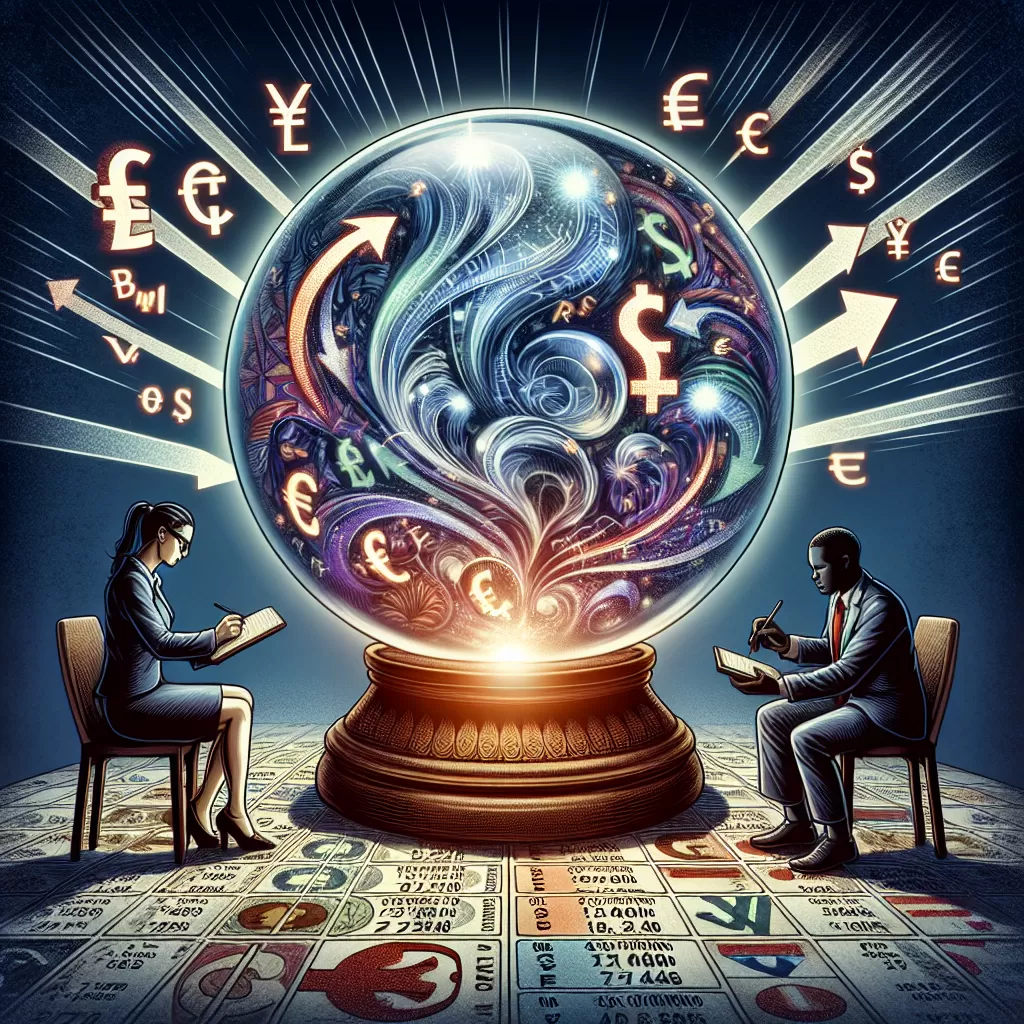How To Predict Currency Exchange Rates
Follow Currency Mart April 10, 2024
Where to purchase Foreign Currencies?

Introduction
Currency exchange rates, like stock market prices, can seem unpredictable and occasionally chaotic. Nevertheless, just as seasoned stock traders can read certain events and patterns to predict stock price movements, likewise can those with a deep understanding of currency markets accurately forecast changes in exchange rates. This article reveals key insights and tactics for predicting currency exchange rates.Understanding Currency Exchange Rates
To effectively predict currency exchanges, one must first understand what influences them. The exchange rates fluctuate due to a medley of factors including inflation rates, interest rates, political stability, economic performance of the respective countries, and geopolitical events among others.Scrutinizing Economic Indicators
Frequency of economic indicators has a profound impact on its valuation. From GDP growth rate, unemployment rates, inflation, to manufacturing index, these indicators provide a panoramic view of a nation’s economic health. Regular analysis of this data enables accurate predictions on whether the currency value will go up or down.Evaluating Interest Rates
The connection between money and interest rates is surprisingly straightforward: higher interest rates typically lead to a stronger currency due to increased foreign investment. Central banks play a crucial role in manipulating interest rates, with their hints often causing fluctuation in currency values. Monitoring central bank announcements enables to predict trends that can offer profitable trading opportunities.Considering the Inflation Rates
Generally, countries with lower inflation see an appreciation in the value of their currency compared to those with higher inflation. These changes are relative - if the inflation rate in one country rises faster than another, then the currency of the former will depreciate against the latter. Monitoring inflation rates frequently can thus aid in predicting future currency exchange rates.Political Climate and Economic Stability
Political and economic stability impacts currency exchange rates significantly. Countries with stable governance and steady economic policies will always attract foreign investors. Such investments increase demand for that country's currency, bolstering its value in the process. Political upheaval and economic turmoil, conversely, can devalue a currency.Futures Market Analysis
Futures markets indicate the expected future value of a currency. If the future prices are higher than current prices, it is a strong indicator that the market expects the currency value to increase. This data is an effective tool in predicting currency exchange rate.Geopolitical Events
Geopolitical events like conflicts, natural disasters, and elections can greatly influence currency exchange rates. These events generate uncertainty, often leading to volatility in currency exchange rates. By staying updated on global events, one can often anticipate fluctuations in the currency markets.Conclusion
Predicting currency exchange rates is not a simple task. It involves scrutinizing economic indicators, evaluating interest rates and inflation rates, understanding political climate, analyzing futures market, and considering global events. But by mastering these aspects, one can make informed predictions about future movements in currency exchange rates. Remember: Predictions are never foolproof and should be made with care. The complexities of the exchange rate market mean that even the most seasoned of traders occasionally get it wrong. But by arming yourself with a wealth of knowledge – you can increase your odds of accurately predicting currency exchange rate changes.
Where to purchase Foreign Currencies?